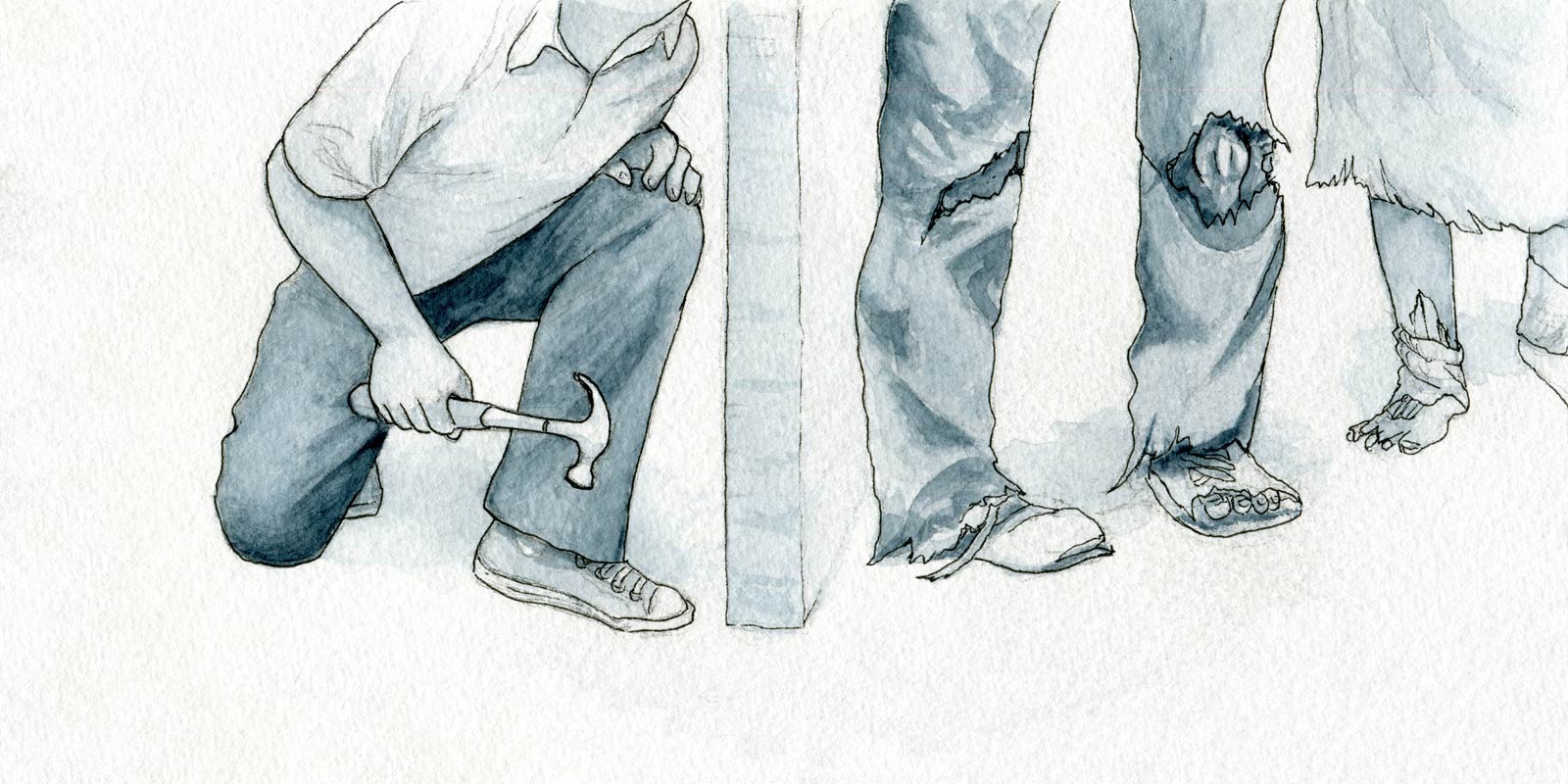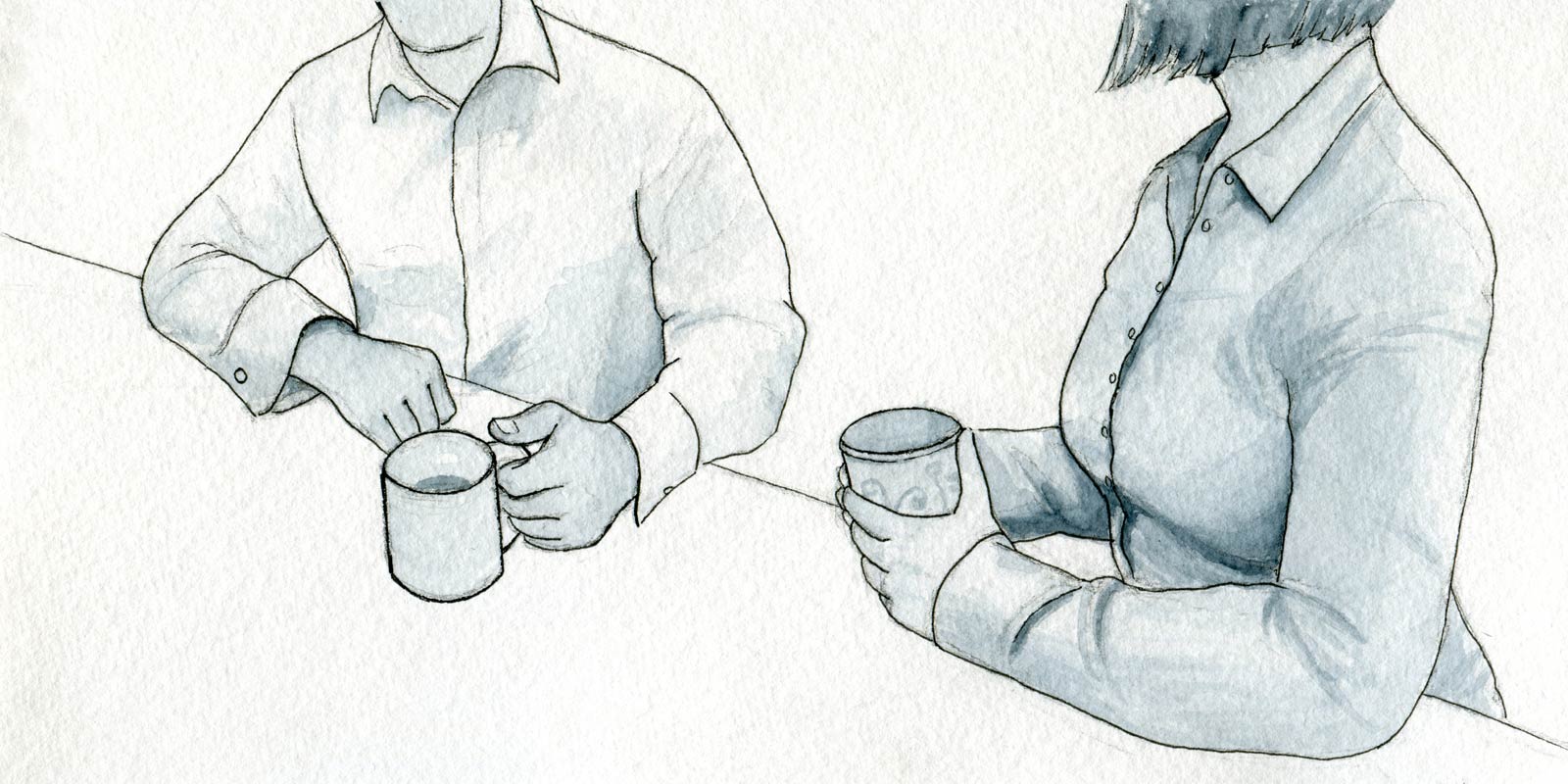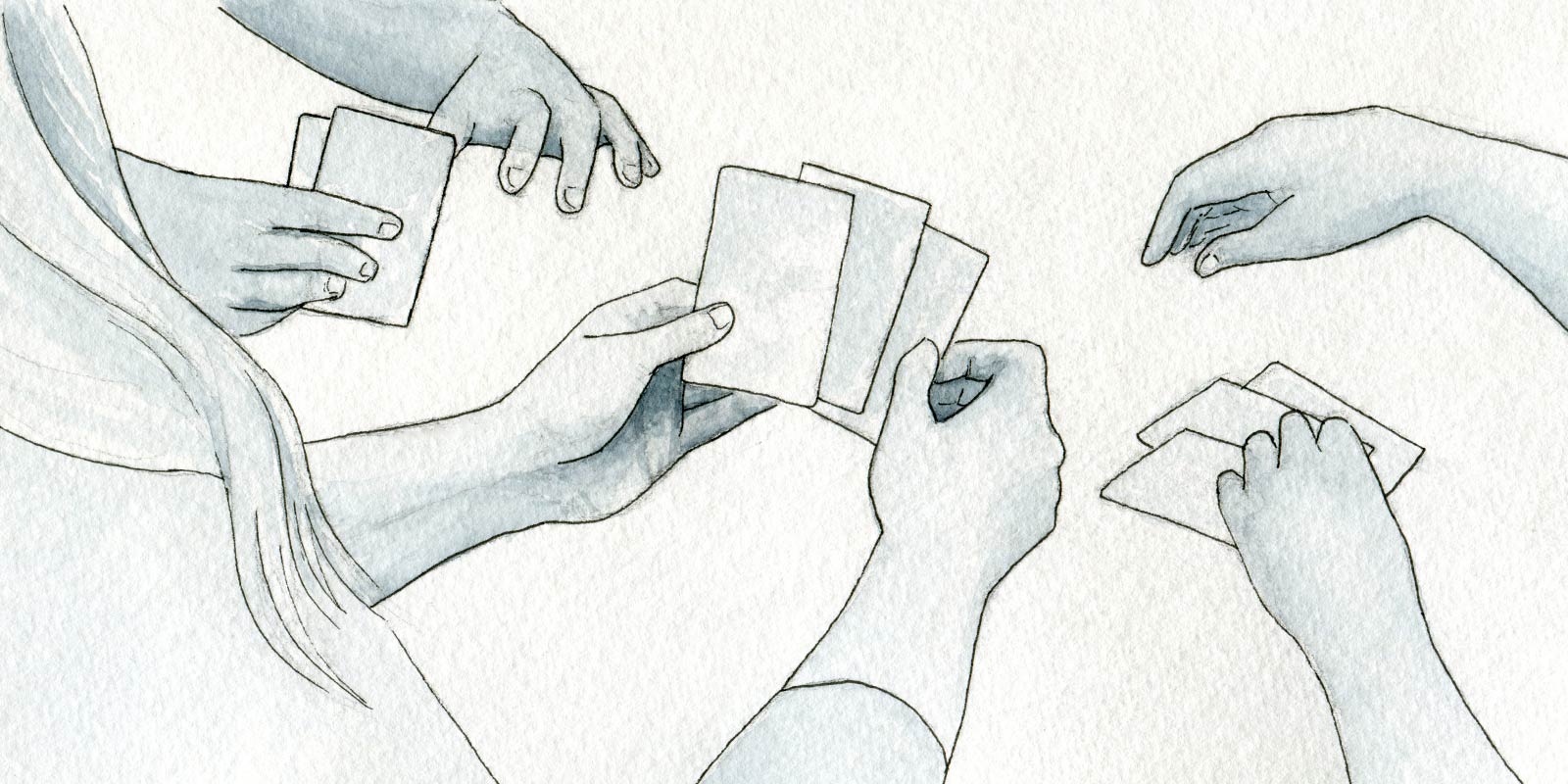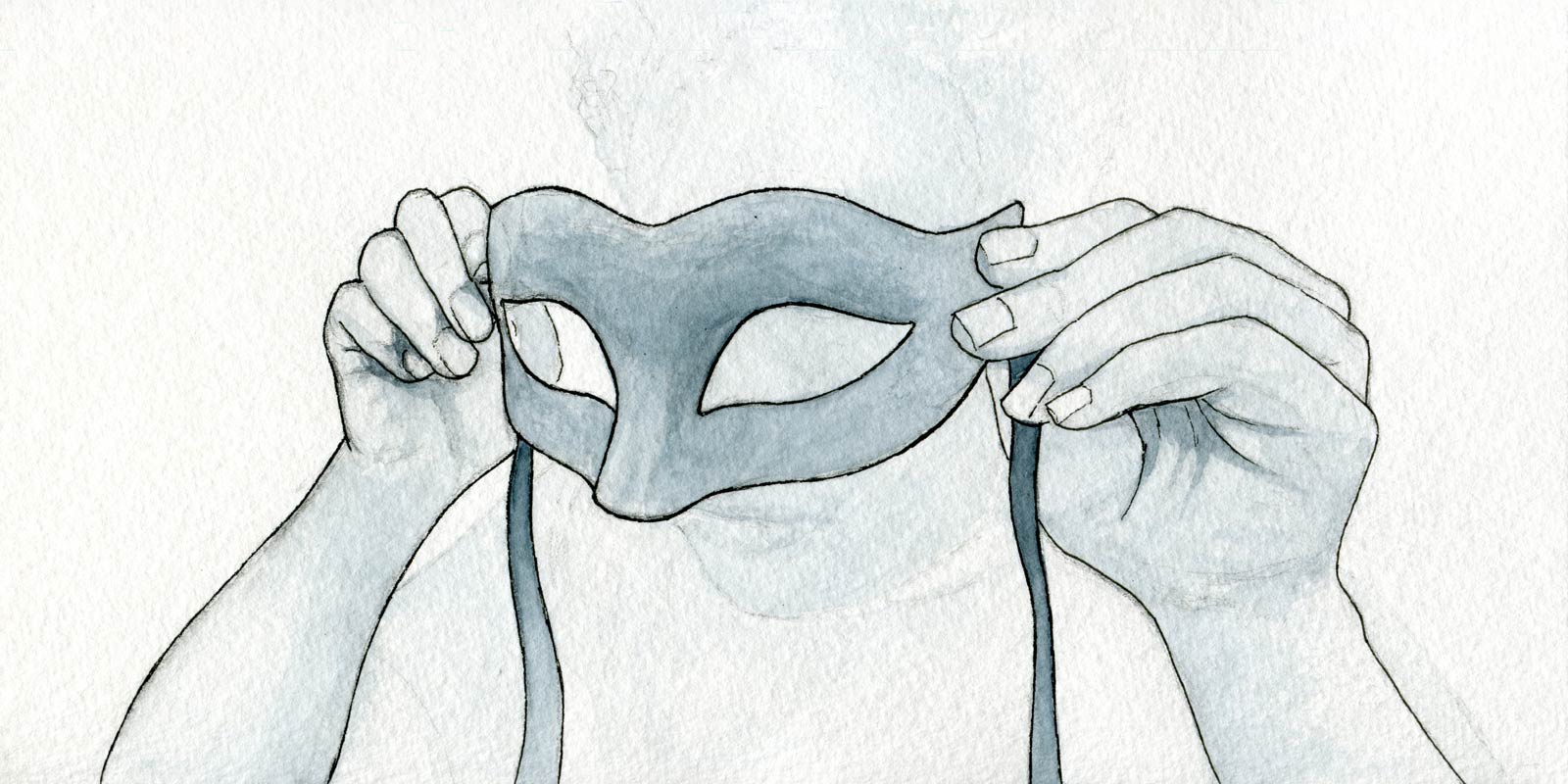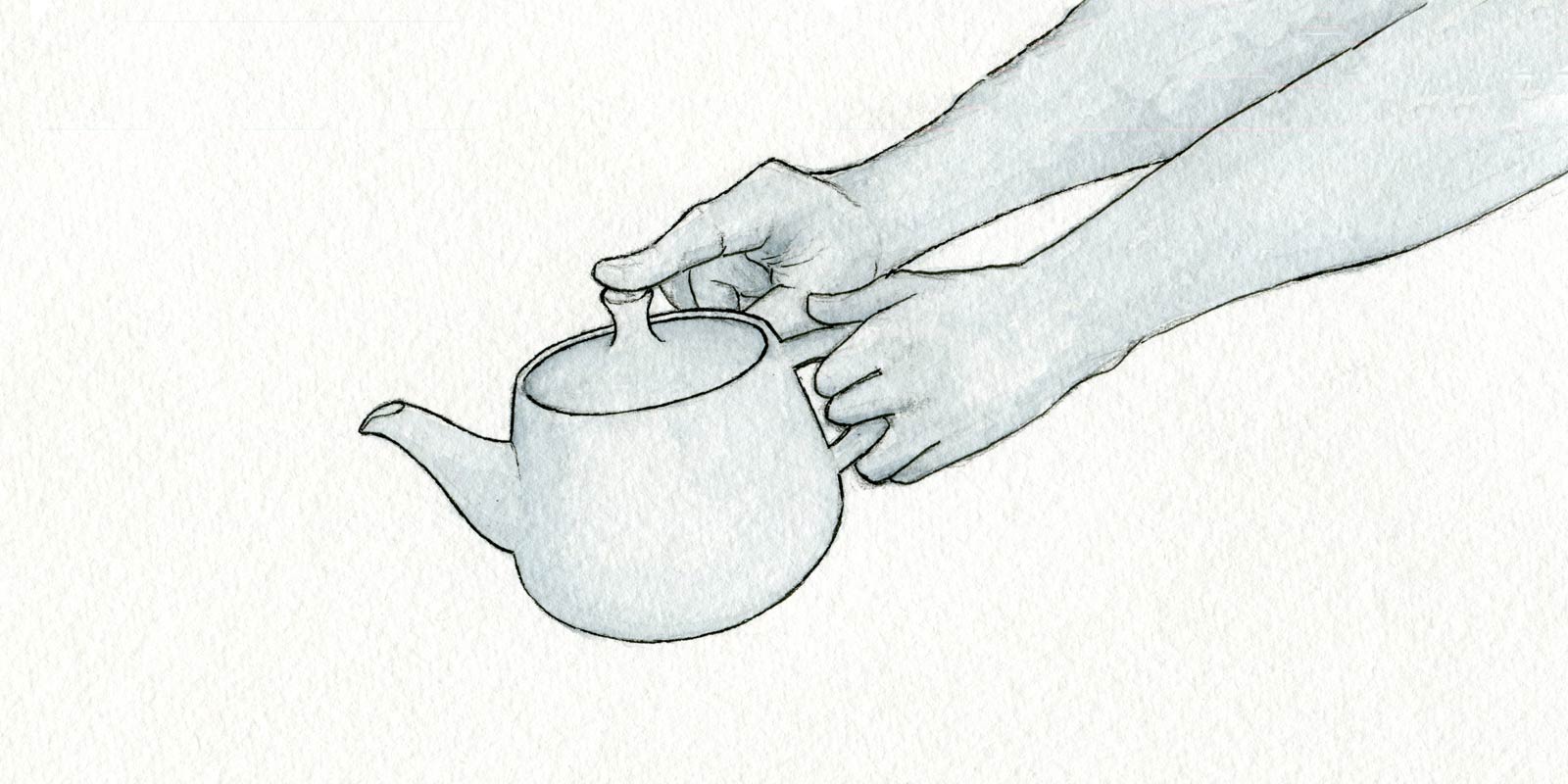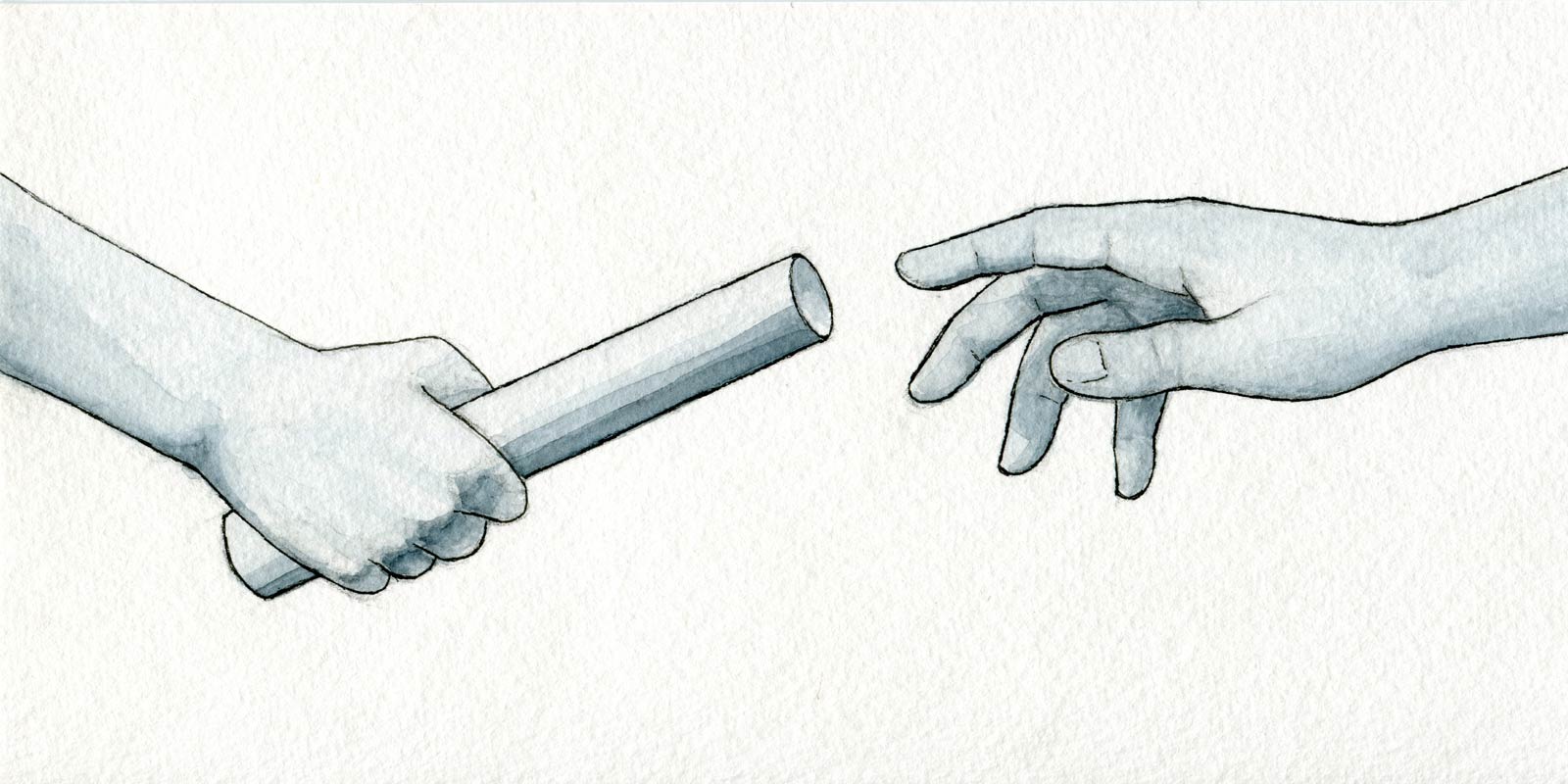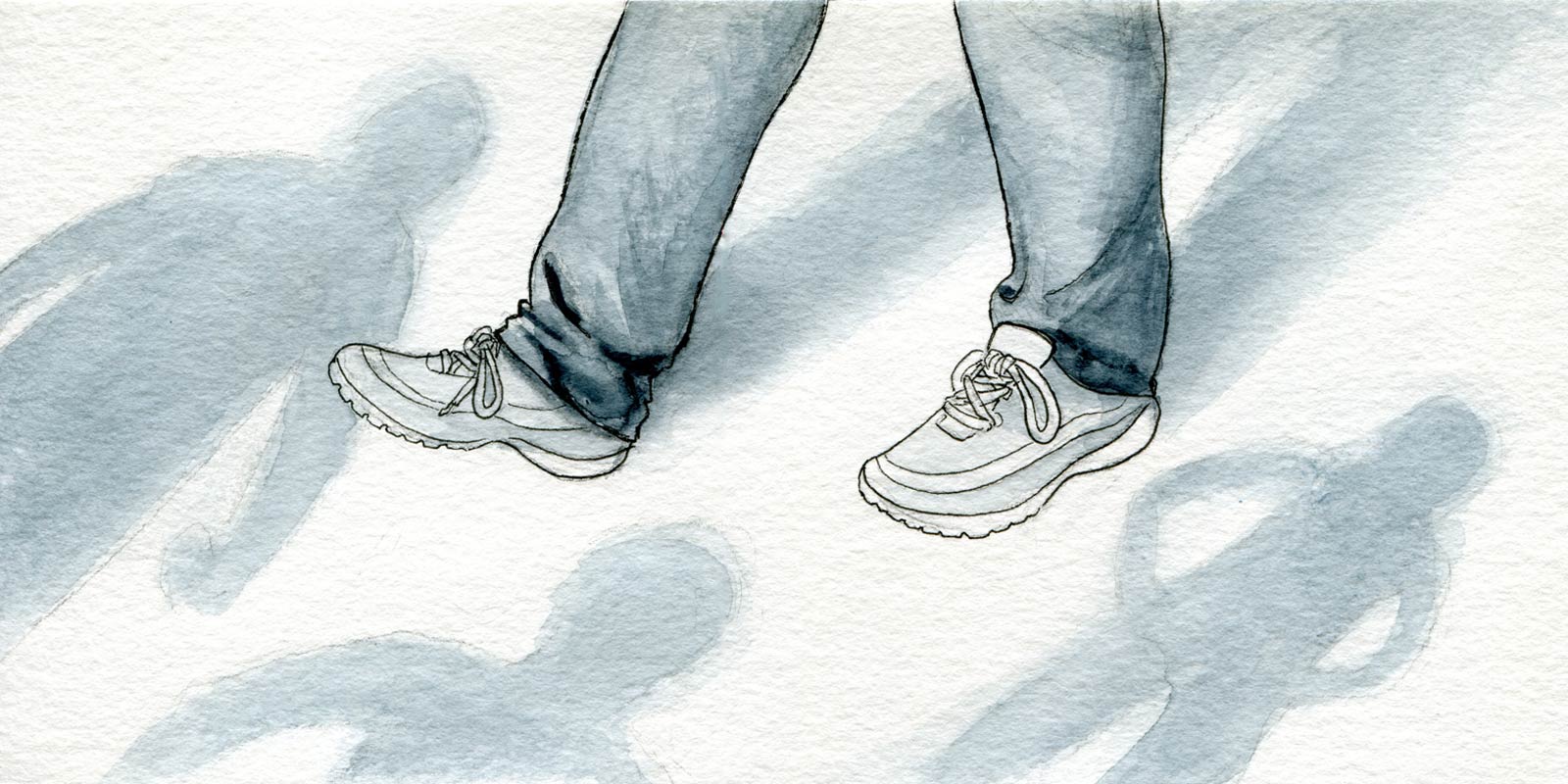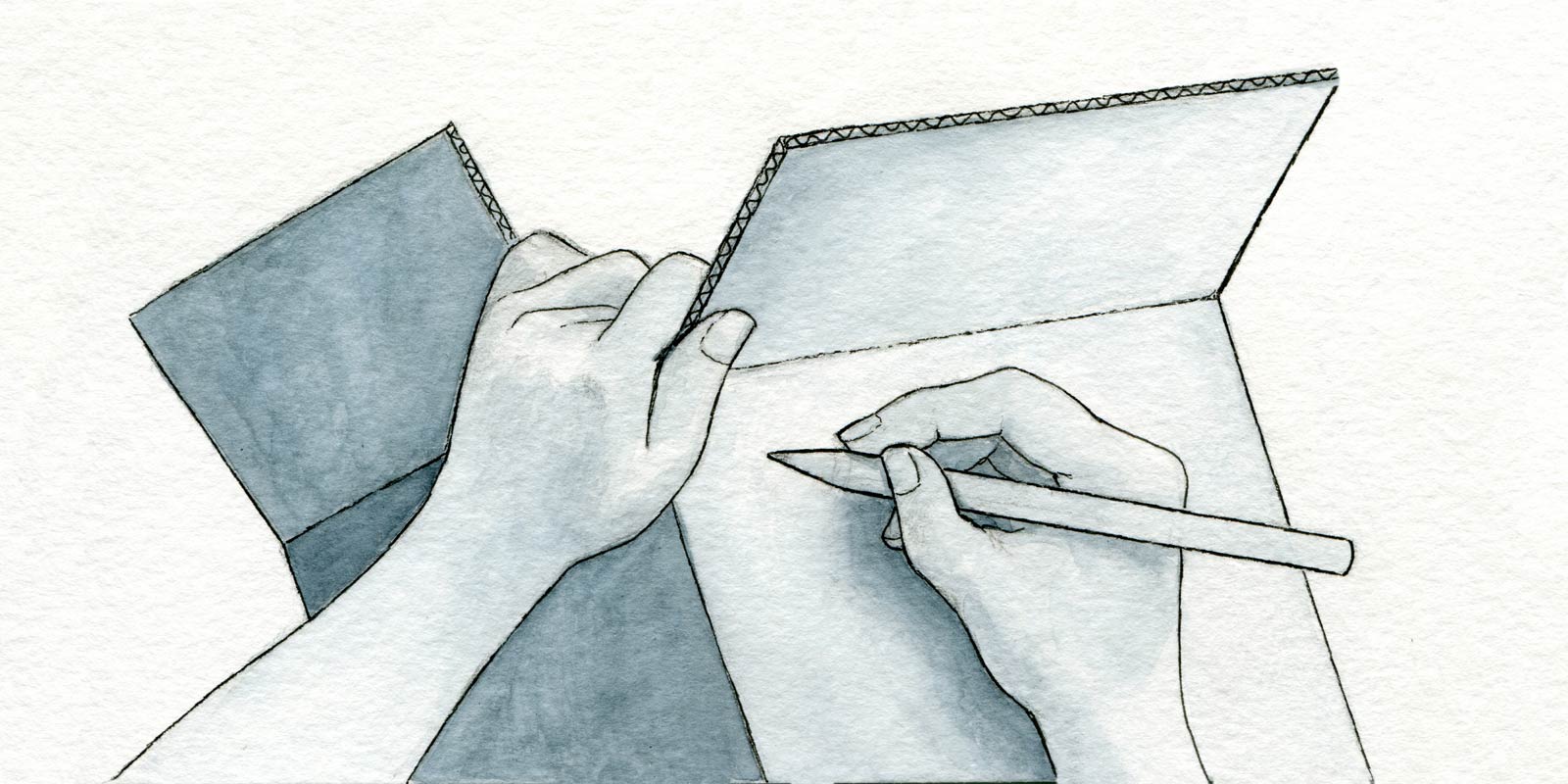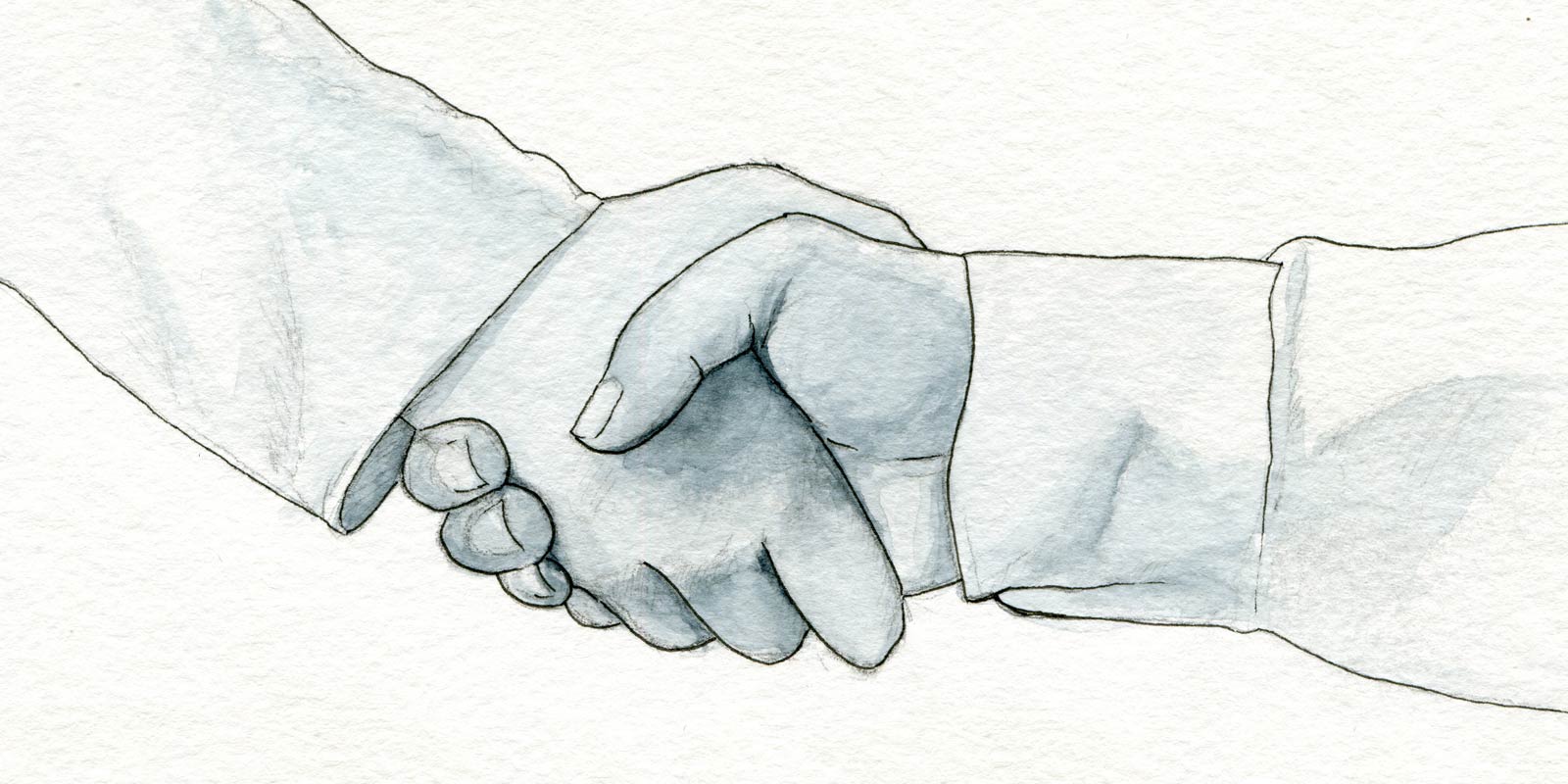Author: Julie MeridianPage 2 of 4
Julie Meridian is the experience design consultant behind Make It Legit, where she helps companies hone their strategy, interaction, and visual design. Prior to that she designed for LinkedIn (member growth, Recruiter, Groups) and led design of the Adobe Creative Suite, Photoshop, and Illustrator. When away from the screen, she pursues fine art and illustration.


